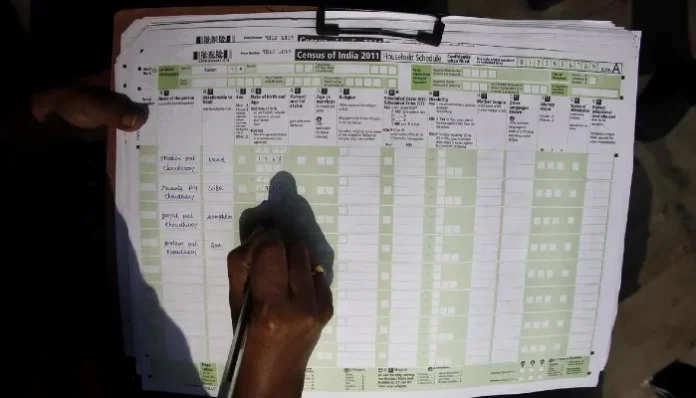NEW DELHI, June 5: India is set to conduct its first fully digital census, which will also include a nationwide caste enumeration — a first in the country’s independent history. Scheduled to be carried out in two phases, the census will begin in select regions in October 2026 and conclude nationwide by March 1, 2027.
The Union Ministry of Home Affairs confirmed on Wednesday that the reference date for the count will be March 1, 2027, except in snow-bound areas such as Jammu & Kashmir, Himachal Pradesh, Ladakh, and Uttarakhand, where it will be October 1, 2026.
This decadal census, delayed from 2021 due to the COVID-19 pandemic, will mark a technological shift as it will use mobile apps and a dedicated portal, involving over 30 lakh digitally trained enumerators. Preparatory work is complete, and formal notifications are expected by mid-June 2025.
A major feature of this census is the inclusion of caste data — a move long demanded by various opposition parties and states like Bihar, Telangana, and Andhra Pradesh, which have conducted their own caste surveys. This data will be recorded alongside information on Scheduled Castes and Tribes. Although initially opposed by the BJP, the central government approved caste enumeration in April 2025, aiming to better inform policymaking and resource distribution.
Critics, however, argue that this could reinforce caste divisions. Political reactions have been mixed, with opposition leaders criticizing the delays. Tamil Nadu’s Chief Minister M.K. Stalin warned that updated population figures could be misused to alter parliamentary seat distribution to the disadvantage of states with stable population growth.
Importantly, the 2027 census will influence the implementation of the Women’s Reservation Law and the redrawing of constituencies as per the 84th Constitutional Amendment, which links future delimitation to post-2026 census data.
While the census portal may offer a self-enumeration option for residents who have updated their NPR data, the government has not announced any update to the National Population Register (NPR), which was originally planned alongside the 2021 census.
As India resumes its census tradition after a 16-year gap, the 2027 exercise is expected to provide crucial demographic insights and guide future governance, policy, and electoral decisions.

